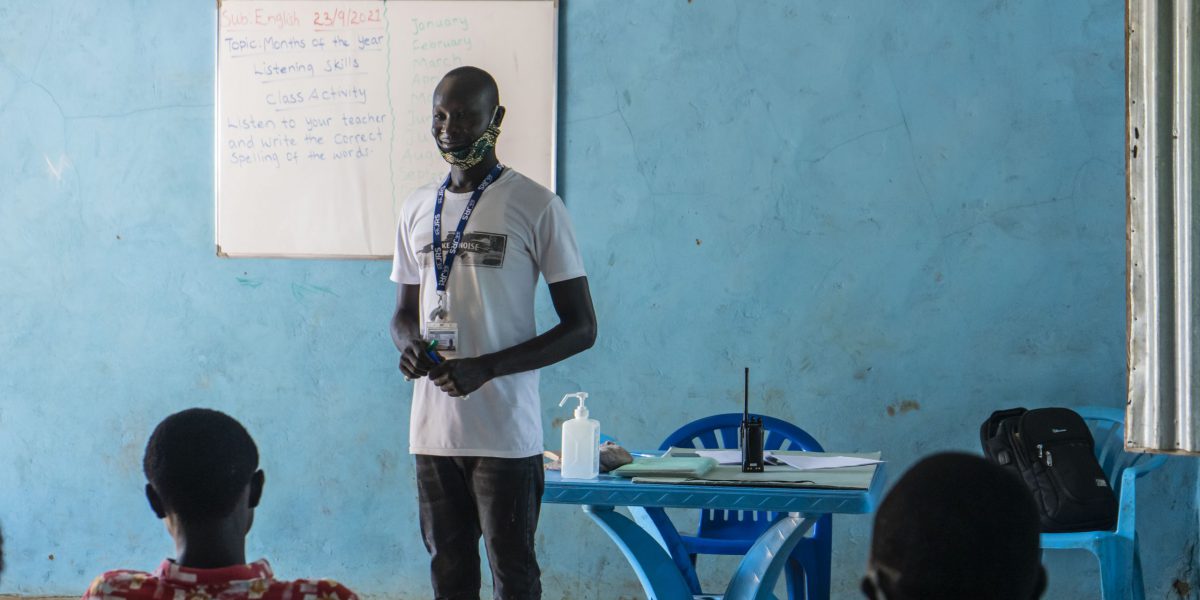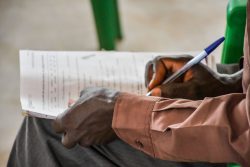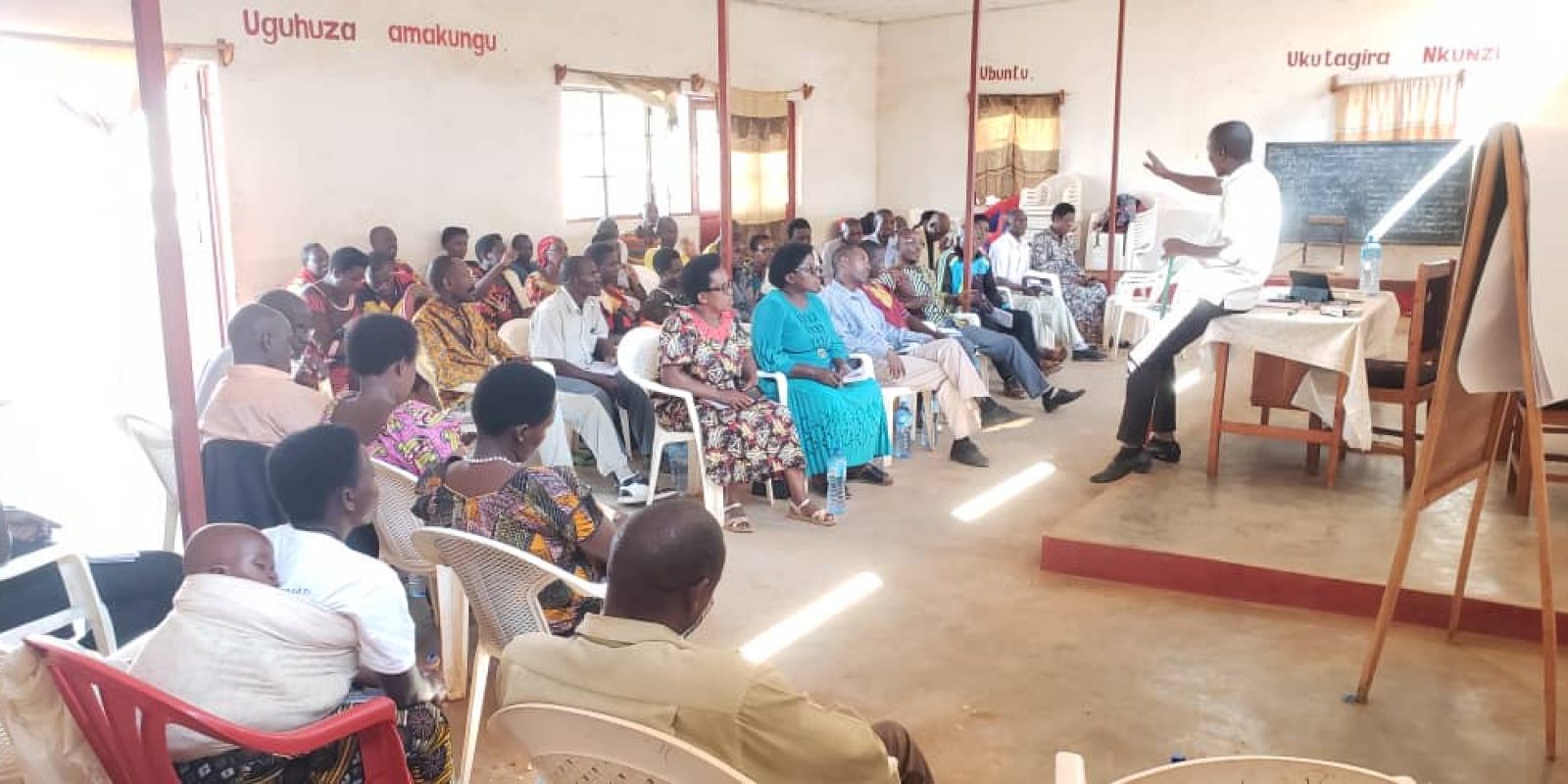
Doro camp is one of the refugee camps in Maban County, where tens of thousands of refugees live. Most of them are from Sudan, Blue Nile states. Several factors affect the daily operations of the JRS. The first and most common factor is the language barrier. We know that displacement caused by wars and natural disasters brings together people from different backgrounds. In seeking their safety and protection, we must hear their needs and stories, which requires clear communication. Most of these people come from Arabic-speaking backgrounds, have poor educational experiences, or have never attended school.
Some who have completed primary, secondary, or University have learned in Arabic. English is, therefore, not a widely spoken language. As a result, language has become a barrier between the refugees, the host community, and the humanitarian workers in Maban. The host community speaks Mabanese and Arabic. To communicate with them, the humanitarian workers use translators, which means that most of the information is passed on in a distorted way.
The English language barrier thus makes access to education in Maban challenging.
Other factors that make it difficult for refugees and the host community in Maban to access education are cultural norms, economic factors, and school access. Most of them are either pastoralists or farmers. They live in remote areas with limited access to educational facilities such as school buildings and training centers. As an illustration, we visited the JRS training center in Doro Maban (Upper Nile State), where JRS conducts some activities such as childcare, Mental Health and Psychosocial Support, and English classes. In this training center, many students from the refugee community attend two separate English classes.

They are divided into morning and afternoon classes. Students are also divided into three levels: absolute beginners, beginners, and elementary. There are also two interactive English classes. The lessons are based on marking the end of the alphabet. There are 33 students, including 17 women and 15 men, in the absolute beginner class out of 42 students. And the elementary level is about nouns, common nouns, and proper nouns. It was an excellent interactive lesson that ended with a class exercise conducted by teacher Elizabeth.
The same English classes are also held at the Arrupe Learning Center. We had some interaction with the learners. We shared our experiences with non-English speakers and pointed out the importance of English. They all agreed that English is an essential language because it is widely known as an international language and spoken worldwide.
The students give positive feedback about their English learning experience. Moreover, their active class participation showed that they were passionate about learning. After class, we met with one of our students with a bachelor’s degree in education from the University of Blue Nile in Sudan. He came to the refugee camp because of the war. He expressed concern about how difficult it can be for someone who comes from an Arabic-speaking background and has no English skills to find a job in Maban.
Maban is a complex environment with vulnerable and difficult environmental problems: Natural disasters, insecurity, and limited access to necessities of life. These situations have burdened the community with a high illiteracy rate. To respond to the language barrier challenge, JRS-Maban has introduced English classes to help refugees and host communities acquire English language skills. The offering benefits all JRS education programs, from teacher training to primary and secondary education in Maban.
JRS-South Sudan is committed to refugees and displaced persons by accompanying, serving, and advocating for them. We have received more than 70 students, both men, and women, in our ALC English classes this 2022.



